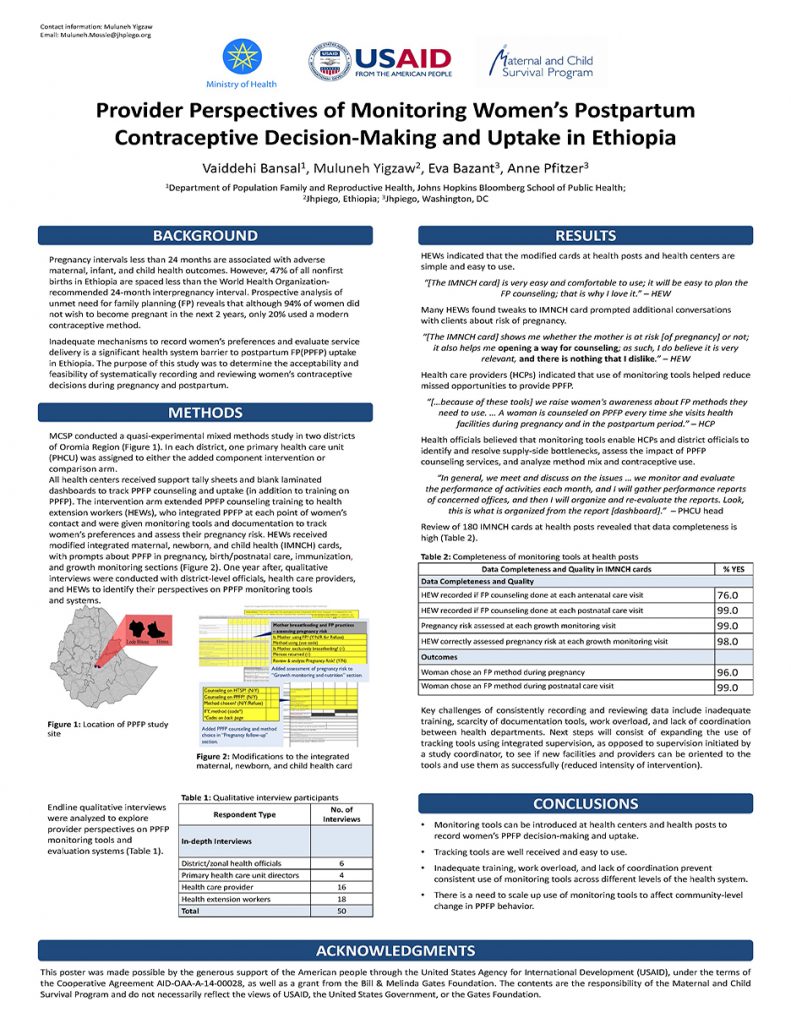
Pregnancy intervals less than 24 months are associated with adverse maternal, infant, and child health outcomes. However, 47% of all nonfirst births in Ethiopia are spaced less than the World Health Organization-recommended 24-month interpregnancy interval. Prospective analysis of unmet need for family planning (FP) reveals that although 94% of women did not wish to become […]
Read More…
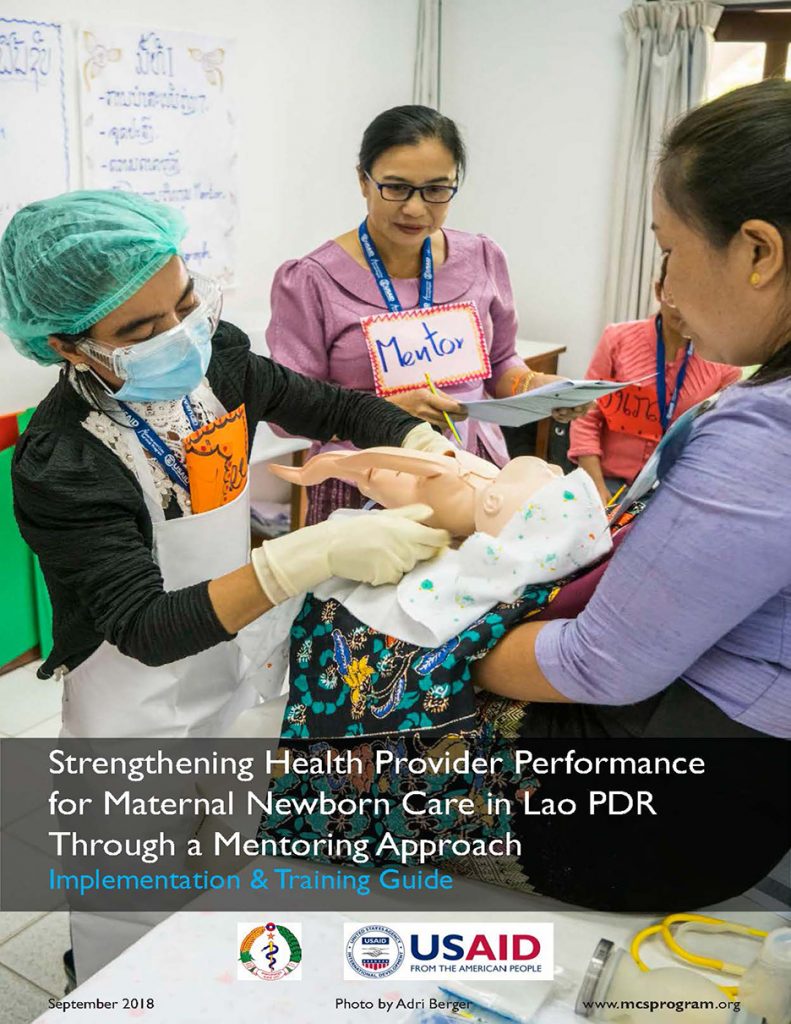
The mentorship approach was developed to facilitate the transfer of skills and further improve the quality of care at the time of birth, focusing on mother and newborn. As part of the SCI Primary Health Program, mentoring leverages an integrated health systems strengthening approach. The mentorship and Essential Early Newborn Care (EENC) approaches are similar […]
Read More…
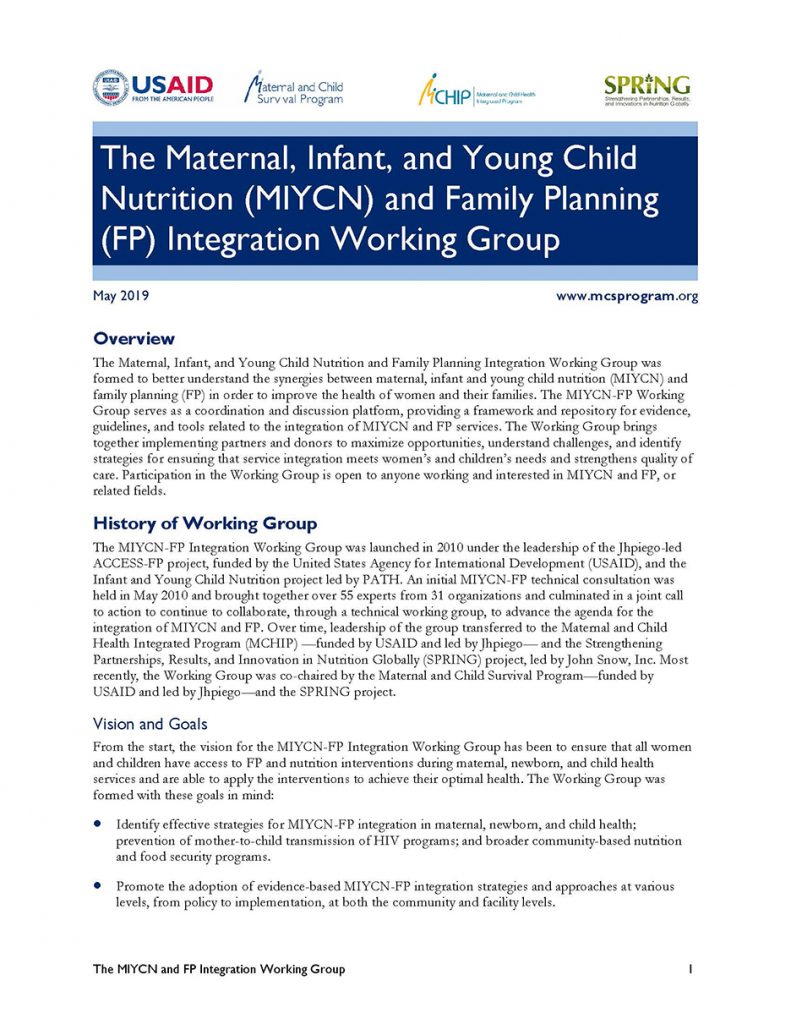
The Maternal, Infant, and Young Child Nutrition and Family Planning Integration Working Group was formed to better understand the synergies between maternal, infant and young child nutrition (MIYCN) and family planning (FP) in order to improve the health of women and their families. The MIYCN-FP Working Group serves as a coordination and discussion platform, providing […]
Read More…
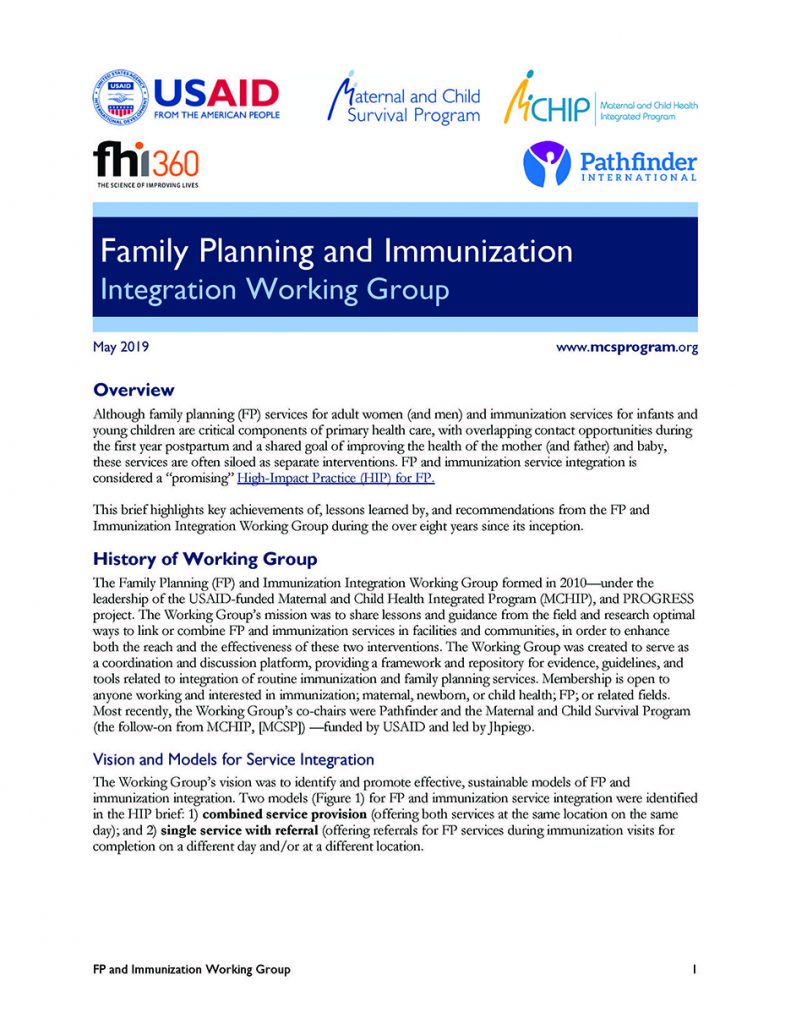
Although family planning (FP) services for adult women (and men) and immunization services for infants and young children are critical components of primary health care, with overlapping contact opportunities during the first year postpartum and a shared goal of improving the health of the mother (and father) and baby, these services are often siloed as […]
Read More…
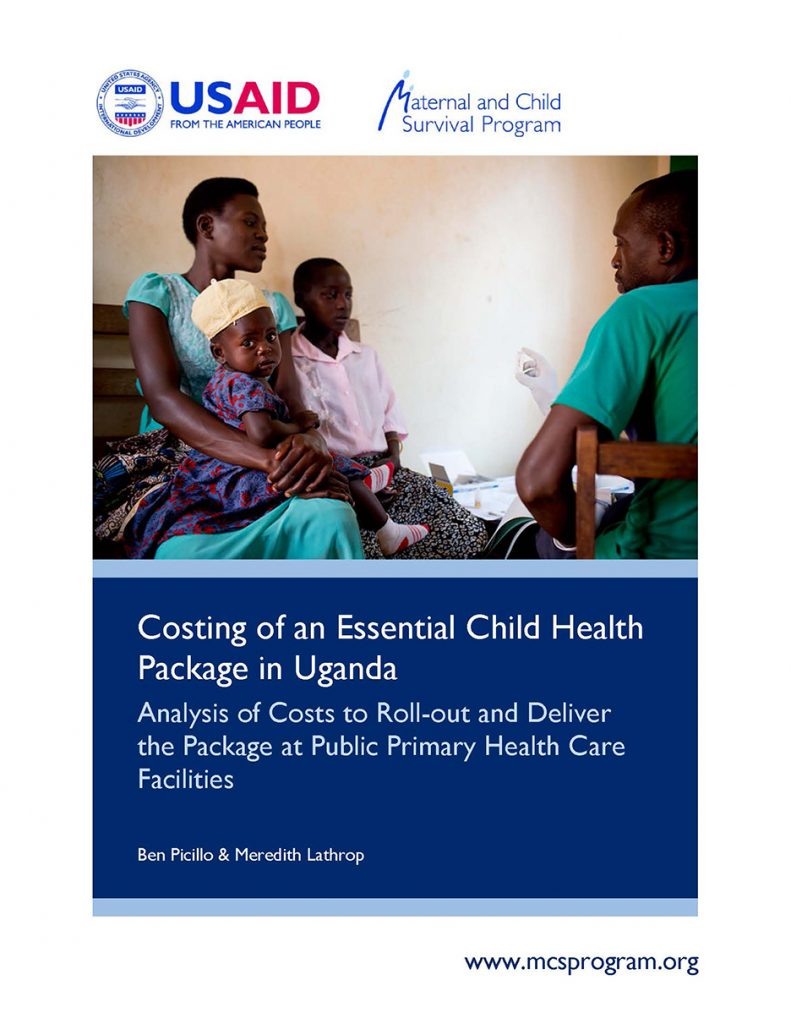
MCSP conducted a costing analysis to understand the financial implications of expanding the “essential” child health package (ECHP), specifically estimating the costs of the MCSP- and Regional Health Integration to Enhance Services-supported activities, such as integrated trainings and mentorship, and the costs to deliver the full ECHP at public primary health care (PHC) facilities. […]
Read More…
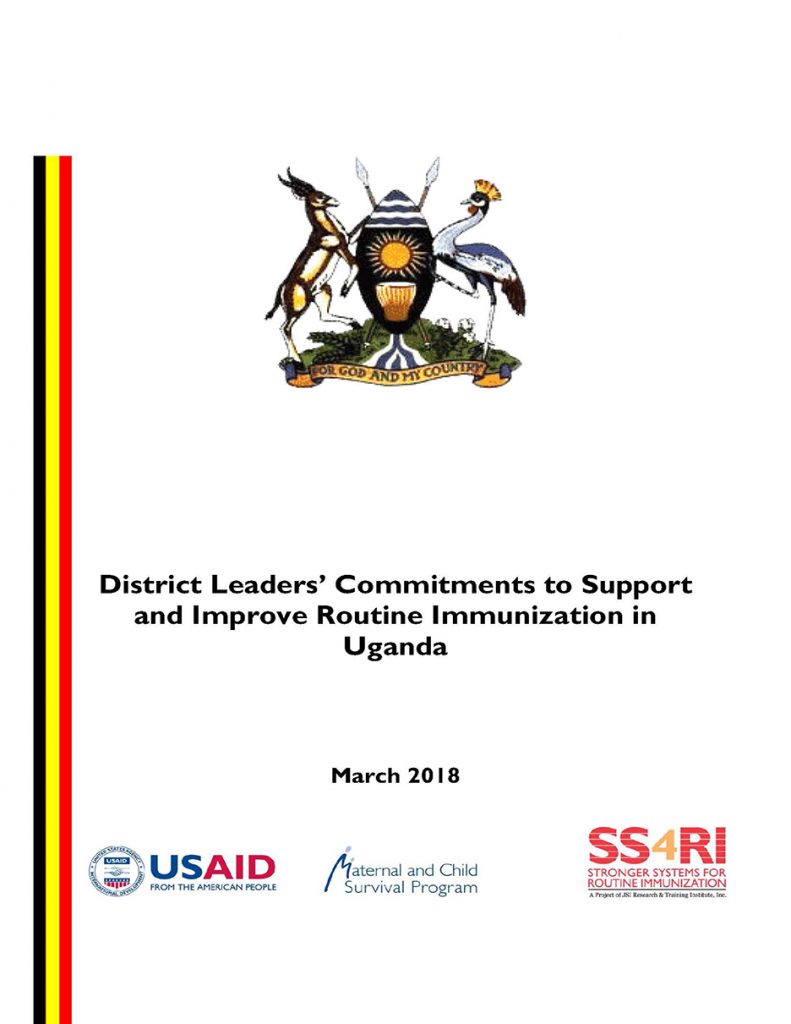
Immunization is one of the most cost-effective health services – a “best buy” that can benefit all children and communities in Uganda. Routine immunization offers one of the highest returns on investments in health, saving up to 44 dollars in additional benefits for every dollar spent on routine immunization.” But the life-saving vaccines used by […]
Read More…
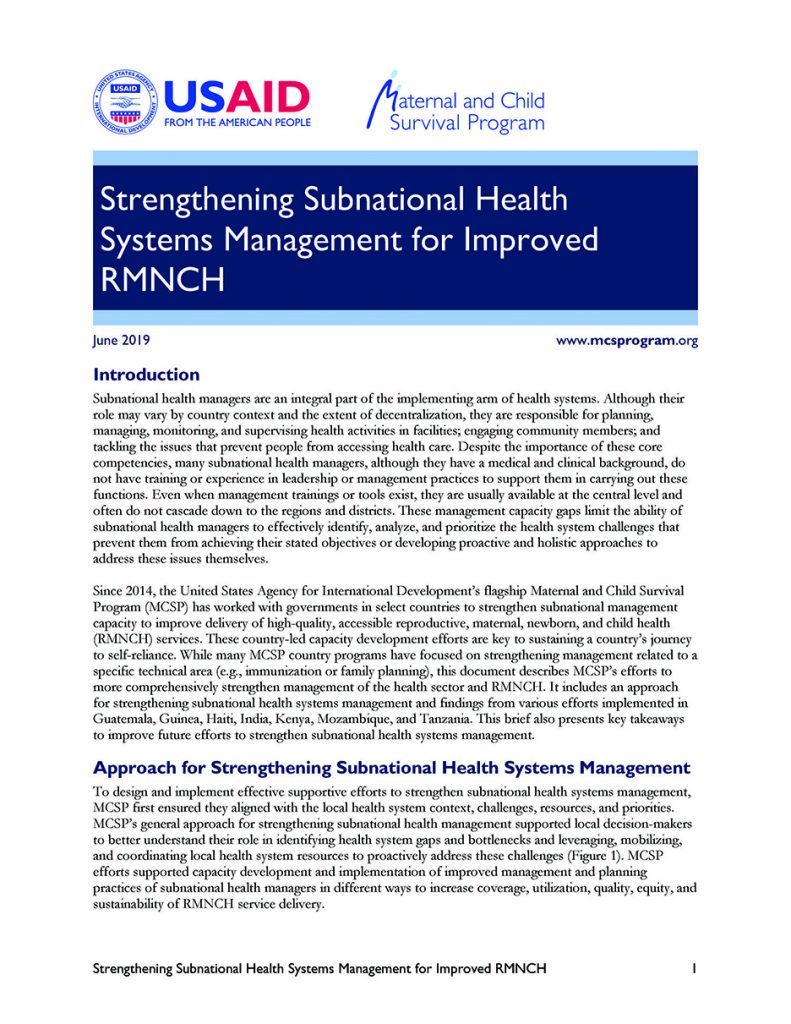
This brief describes MCSP’s efforts to more comprehensively strengthen management of the health sector and reproductive, maternal, newborn and child health (RMNCH). It includes an approach for strengthening subnational health systems management and findings from various efforts implemented in Guatemala, Guinea, Haiti, India, Kenya, Mozambique and Tanzania. It also presents key takeaways to improve future […]
Read More…
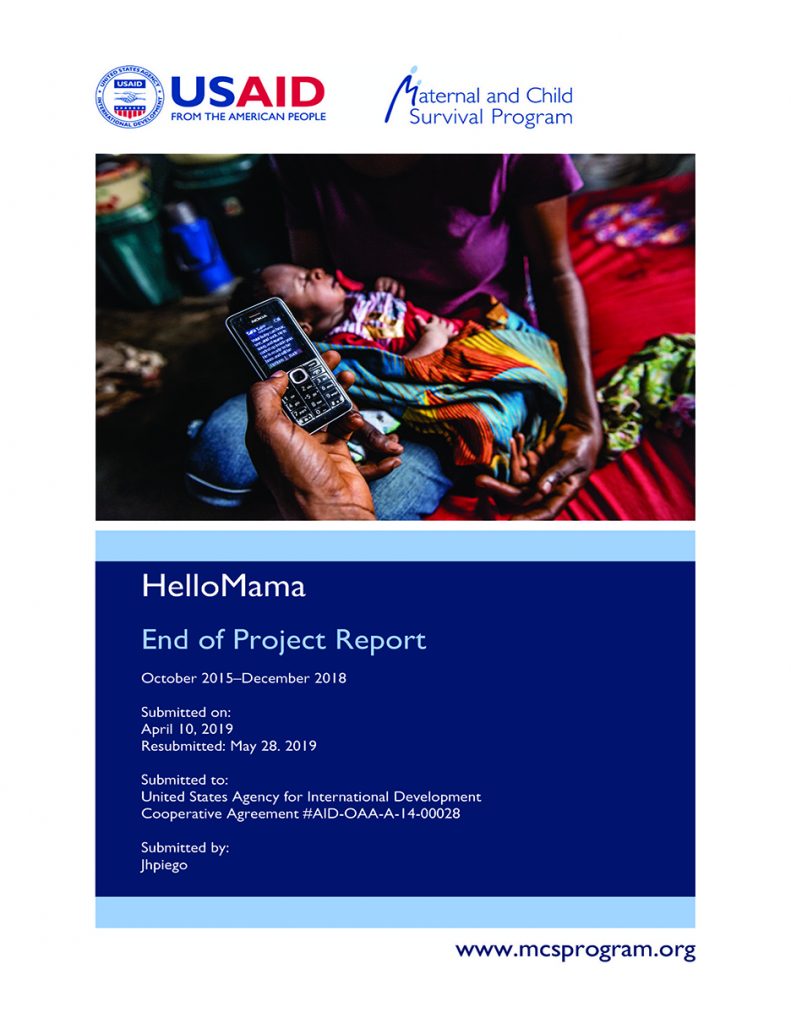
MCSP’s HelloMama project operated in Nigeria with the goal of improving the health outcomes for pregnant women, newborns, children, and families in Nigeria through age- and stage-based mobile messaging that complemented the efforts of frontline health care workers (HCWs). Over a period of three years, the project coordinated with a consortium of international partners, Pathfinder […]
Read More…
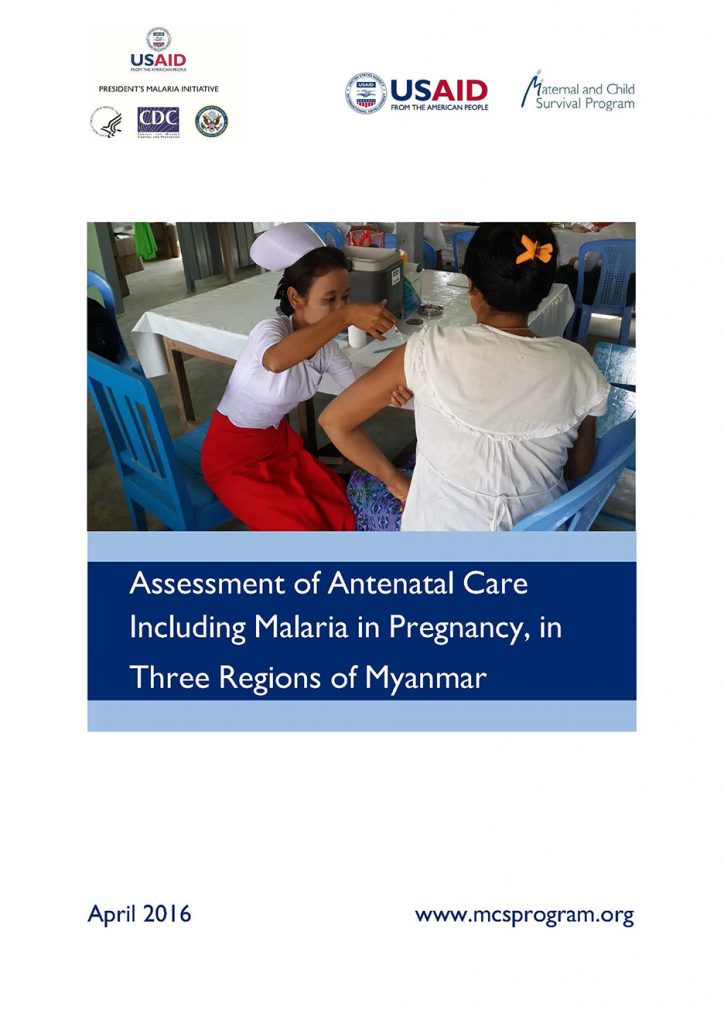
As part of MCSP’s work, an assessment of antenatal care (ANC) services was conducted to better understand the current state of services related to the prevention and treatment of malaria in pregnancy (MIP) during ANC. The assessment results are described in this report. The goal of the assessment was to inform the development or revision, […]
Read More…
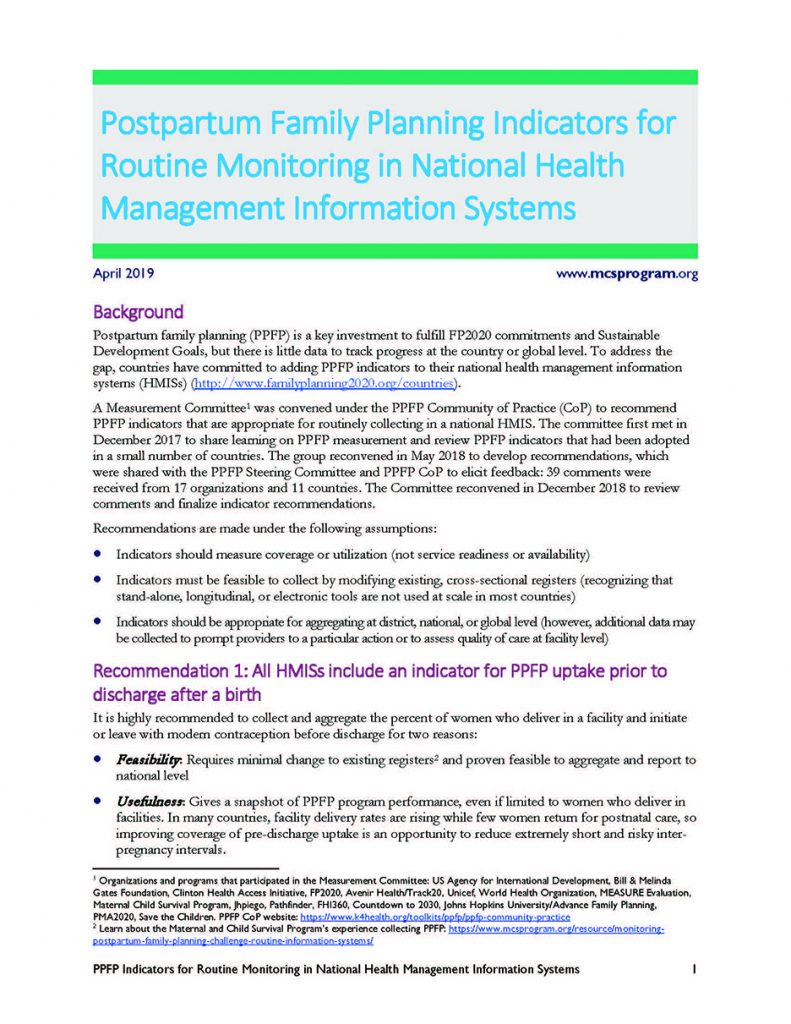
Postpartum family planning (PPFP) is a key investment to fulfill FP2020 commitments and Sustainable Development Goals, but there is little data to track progress at the country or global level. To address the gap, countries have committed to adding PPFP indicators to their national health management information systems (HMIS). A Measurement Committee was convened under […]
Read More…










